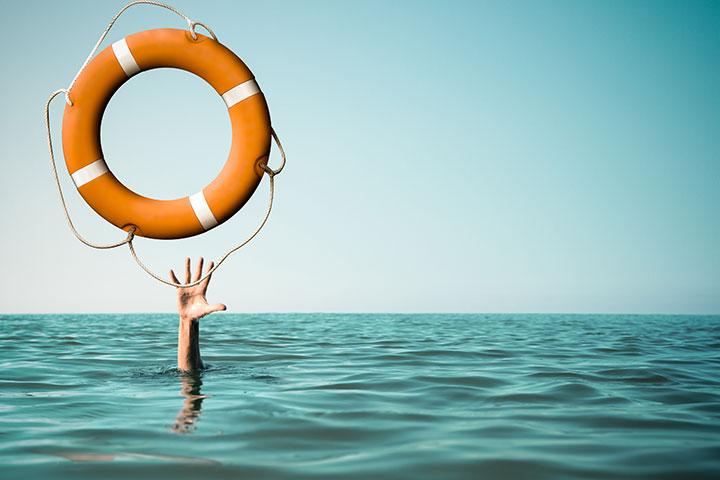A lot of my posts focus on the caregiver more than those they are caring for. The reason is that all you caregivers have a lot to lose if you don’t care with care. Really. You are focused on doing everything you can to take care of your loved ones. Yes, that would be more than one that you focus on. A lot of you still have a spouse while caring for an aging parent. Some of you have a growing family while caring for a spouse or parent. There’s not much time left over to take care of you and that quite frankly is dangerous.
While earning my degree in gerontology, the mortality rate of caregivers was focused on over and over again. This article on The Jama Network follows a study on approximately 800 people over the age of 66, half of whom were caregivers. After four years of following these people, 103 of them died. The study found that caregivers have a mortality risk 63 percent higher than their non-caregiving counterparts. They “suggest” the emotional or mental strain put on an older caregiver shortens their lives. A June 2025 study conducted by Edward Jones in partnership with Morning Consult and Age Wave found: “In addition to financial challenges, many caregivers cited caregiving as a significant emotional responsibility (89%), leaving many stressed (83%) and burned out (77%). Two-thirds of survey participants (66%) reported they find it harder to prioritize their own health while addressing others’ needs.”
Caring for the Caregiver
In a New York Times article called “Who will Care for the Caregiver?” chronicles the experiences of Dr. Dhruv Khullar, who has both an Alzheimer’s patient and his care-giving daughter as a patient. The article states statistics from AARP that the average caregiver is a woman 49 years of age but 25 percent of caregivers are now millennials, pretty equal in gender with full-time jobs and many with growing families. Regardless of the age of a caregiver, most suffer depression, anxiety, loss of income and familial stress. It’s apparent why many caregivers aren’t living long!
The good news is there is help to relieve some of the strain that caregivers experience.
If you’re a caregiver, be vocal of your own needs. Reach out to family and friends and if they aren’t available, get help from professionals. Area Agencies on Aging is a rich resource for identifying the help you need. Respite care is available at many assisted living communities near most people. Having time off may save your sanity and well-being.
The Elder Care Locator is available in a number of states and can help you find the services you and your loved one need — from support groups to lawyers and beyond.
Resources for Caregivers
Dr. Khullar states there are many resources for caregivers now than ever before.
“The United Hospital Fund has developed a tool to understand caregivers’ existing home or work duties, as well as what training they’ll need to perform new caregiving tasks and any concerns they have about the treatment plan,” Khullar writes.
This doctor/writer ends with something we all need to remember: caregiving is rewarding while stretching us to a better understanding of life and joys of giving of ourselves. That’s important to remember while also considering our own needs through the journey of caring.
The work of caregiving is stressful. To help you take on that responsibility, the following articles are a good resource for information and support associated with every stage of caregiving:
(This article has been reviewed July 2025 since it originally published October 2017.)
